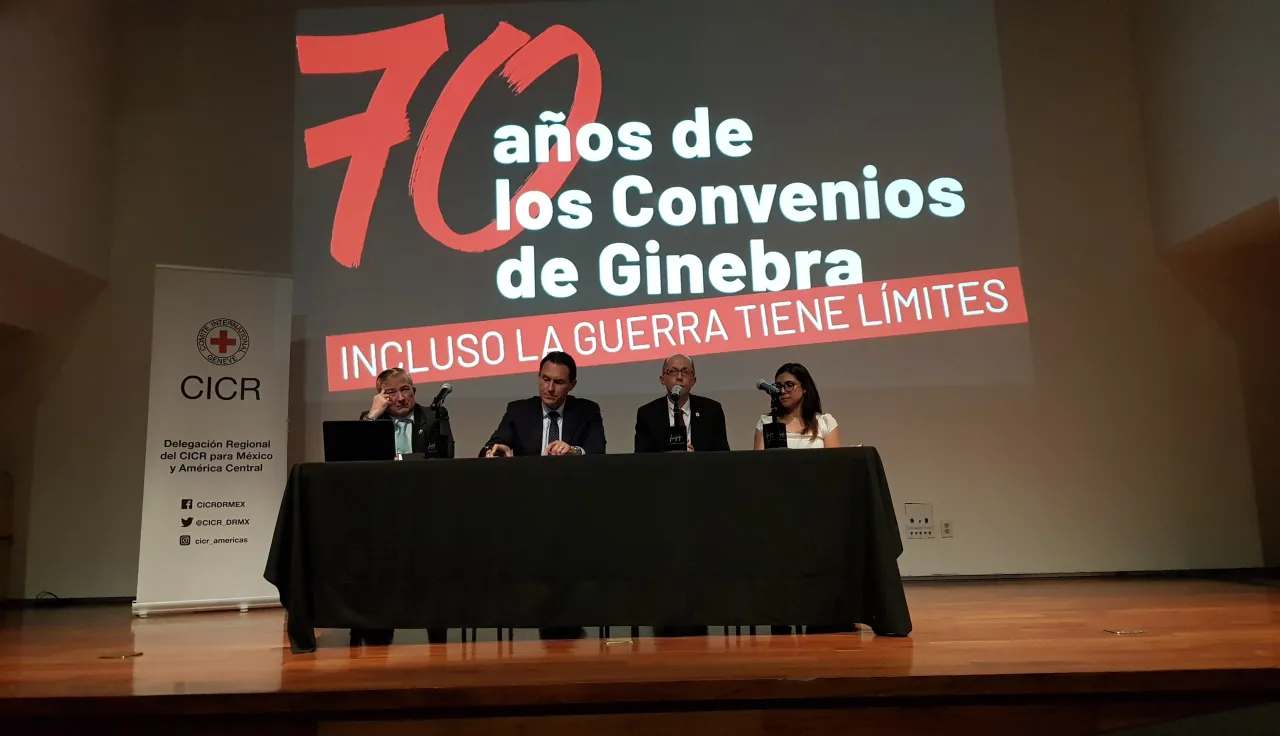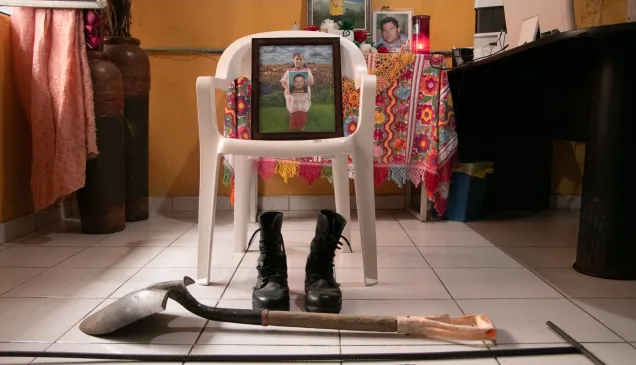Mexico: Promoting an environment of respect for human life and dignity

The ICRC endeavours to prevent suffering by promoting and strengthening IHL and universal humanitarian principles. This work involves disseminating and developing IHL and promoting its implementation, on the one hand, and raising awareness of the humanitarian challenges facing affected people, on the other. This results in a broader understanding and acceptance of the ICRC’s work so that it can respond to humanitarian challenges more effectively.
It is important for IHL and international human rights law to be included in military doctrine, education, instruction and training, choice of weapons and operations planning processes and control and discipline systems so that the members of the armed forces act according to the applicable rules and principles.
Through its programme with the Mexican armed forces, the ICRC contributes to the efforts underway to incorporate the rules of IHL into their doctrine and manuals.
As in other countries in the region, the ICRC carries out activities in Mexico for law enforcement (National Guard) and military (Ministry of National Defence and Naval Ministry) forces, aimed at promoting knowledge of and respect for the rules of international human rights law and humanitarian principles applicable in law enforcement operations, with a focus on the use of force, the use of firearms, arrest and detention and assistance for victims of violence and people affected by the use of force.
When States become parties to the Geneva Conventions, they undertake to disseminate and promote their provisions as widely as possible and to take the necessary measures to implement them. The Interministerial Commission on International Humanitarian Law was created to facilitate this work. It is formed by representatives of the Ministry of Foreign Affairs, the Ministry of National Defence, the Naval Ministry and the Ministry of the Interior and began its work in 2009. As a technical advisory body of the federal executive branch, the Commission coordinates the efforts of the different institutions serving on it in the field of IHL, with the continuous support of the ICRC. In 2019, the ICRC contributed to the legislative initiative that culminated in the adoption of the Use of Force Act, by presenting best practices for legislation on this subject implemented in other countries.

Presentation at the Matias Romero Institute of the number of the International Review of the Red Cross referring to the 150th anniversary of the publication.ICRC/F. Diaz
The ICRC also works with academic institutions to incorporate IHL content into the syllabuses of Mexican universities and maintains contact with lecturers to inform them of new developments in this field. The aim is to train specialists, future civilian and military leaders, members of the judiciary, legislators, decision-makers and civil society in this field.



